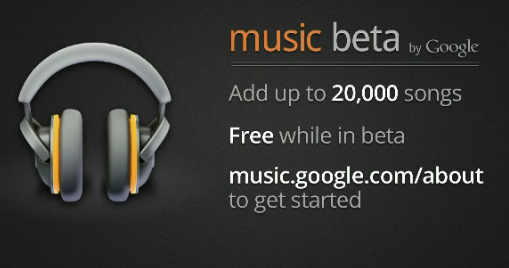Google to Hollywood: We'll do music with or without you

There were plenty of questions about Google's new music service during a Q&A with the press after this morning's keynote at the Google I/O Developer's conference.
- Why did talks break down with the record labels?
- Which labels were involved and what were their sticking points?
- What's the quality of the streams?
- And, most importantly, Is this legal, in terms of copyrights?
First and foremost, the company was very quick to answer the "legal" question. Yes, they said, Google's music service is absolutely legal and takes the respect of copyrights to heart. Think of it, they said, as being no different than a user moving his personal music library to an external hard drive or a portable music player like the iPod.
So, it's a cloud storage service - with a music-playing user interface added to it.

This is not to say that selling new music isn't important and something that Google should keep going after. But the UI and storage part is a big deal. If a user can put 20,000 tracks from an iTunes collection into the cloud and stream to any device, the company takes all of those Android devices out there and turns them into music players. Sure, we could always play music from those devices, via the SD card in the phone, but exponentially intensifying that with a cloud-sync offering raises the stakes - and kind of makes me wonder why I need an iPod.
In terms of stream quality, the company said it will stream back up to 320 kbps, depending on the quality of the music file itself. Also, the stream will be adjusted based on the connection speed, trying to offer the best quality experience, they said.
As for those other questions, Google execs at the Q&A certainly weren't going to share details of the talks that broke down with key music labels, nor were they going to name the labels themselves. What they did say was that the terms that some of the labels wanted were "unreasonable" and "unsustainable."
Big surprise there.
Related: